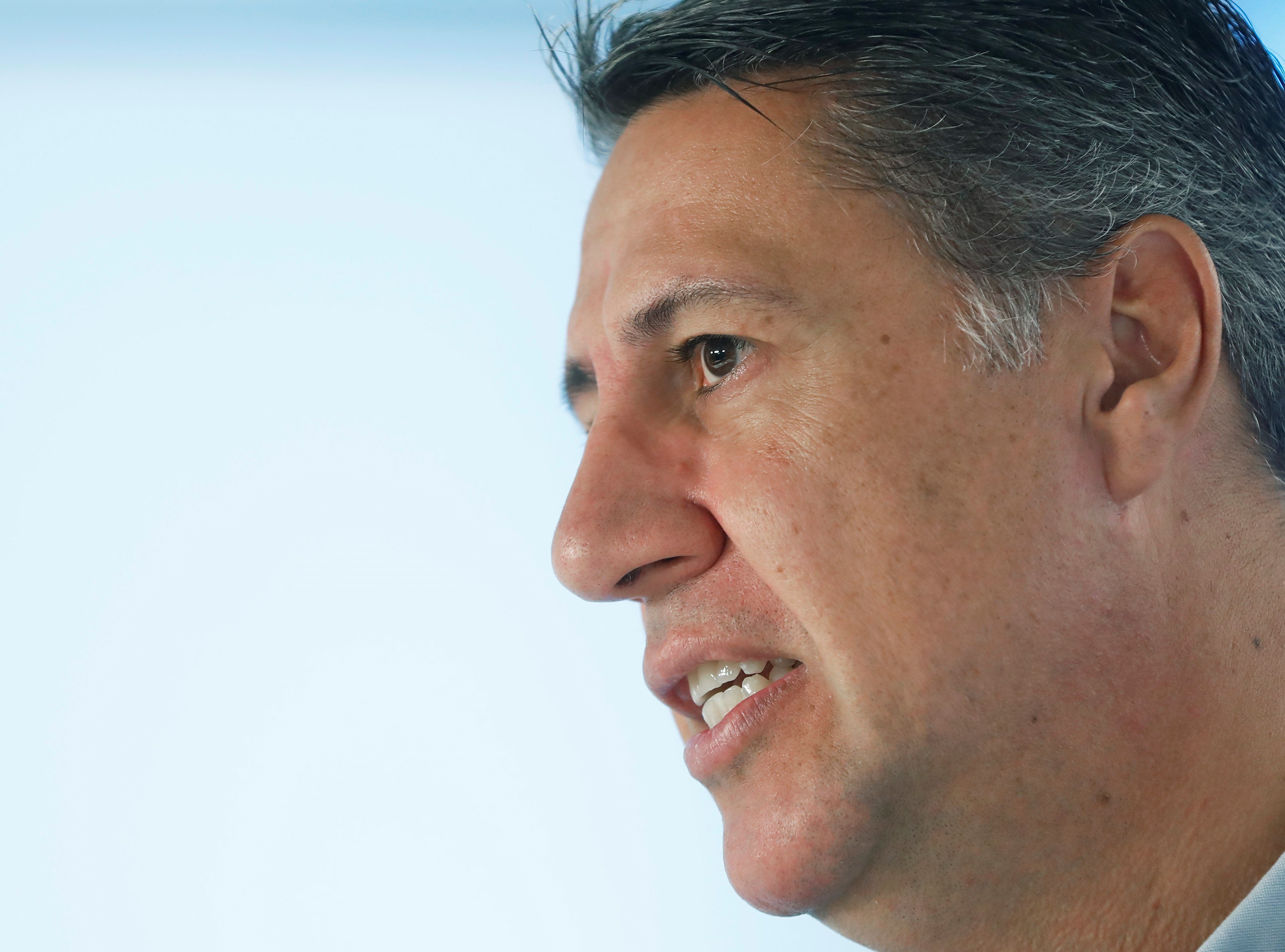As the 21st December and the Catalan election come closer, pro-union parties are giving their predictions as to who is going to form the next government in Catalonia fearing that it will be the pro-independence side. This is the case with the PP (Popular Party), whose leader in Catalonia, Xavier Garcia Albiol, doesn't count out the election being repeated after six months (as happened with the last Spanish general election) given a possible "block" against forming a government, say sources from the party's leadership. They suggest PSOE (Spanish Socialist Workers' Party) will hold the keys to power and hypothesise that they might want to negotiate with two of their fellow left-wing parties, ERC (Catalan Republican Left) and Comuns (Commons), even if none of the three agree on the question of Catalan independence and this would, according to the sources, cause problems with the national PSOE party.
"Pedro Sánchez [PSOE's national leader] has said that he wouldn't make Arrimadas [leader of Ciutadans (Citizens)], nor Junqueras [leader of ERC] president, but it remains to be seen whether, with their abstention, PSOE would enable an ERC government. It's important to identify what is said and what isn't said", said a source from the Catalan branch of PP in an informal meeting in Madrid. They said that it would be difficult to explain an understanding with ERC "in Extremadura", in the south of Spain, if Junqueras' party doesn't expressly renounce the independence process. As such, PP would prefer to hold new elections over a situation of possible ungovernability, over having a new government which supports independence.
That said, this position hasn't been agreed with the national leadership another member present at the meeting noted. So far, from Madrid they've argued for pressuring PSOE, to try and bring some clarity to their position whilst indicating Comuns as the key for forming a government. The sources predict a victory in votes, but not in seats, for PP, PSOE, Ciutadans and Comuns, noting the statistic of 25% of voters still undecided, of whom they want to attract 6%.
PP believe that the pro-union protests in the streets on 8th and 29th October will translate into increased turnout for them in December. "I'd never seen people turn out like that. Maybe they don't vote for us, but they do for [other] supporters of the constitution", said a member of the party a few days ago. The sources said that 80-82% turnout could favour them (in the last election, in 2015, turnout was 75%), whilst over 84% "would be a bombshell" for the mobilisation of the independence movement.
The party of Spanish prime minister Mariano Rajoy is now looking at how to meet expectations of growth when surveys are showing them losing seats to end up with 6 or 7 out of 135 in the chamber compared to 11 in 2015. First, they plan to increase their campaign mailing operation to mobilise the hidden vote, those who might be embarrassed to choose PP, and to help older voters, who form a large part of their support.
Secondly, Albiol is said to have expressly asked for help from Enric Millo, the central government's delegate to Catalonia, and the Health minister, Dolors Montserrat, who is from Catalonia, during the campaign. They also hope to count on the presence of Rajoy. According to the sources, they believe Millo and Montserrat will be key in inland Catalonia. As for Rajoy they're hoping for the broadest support possible and that, as the prime minister, he will defend the application of article 155 to take on Ciutadans.

